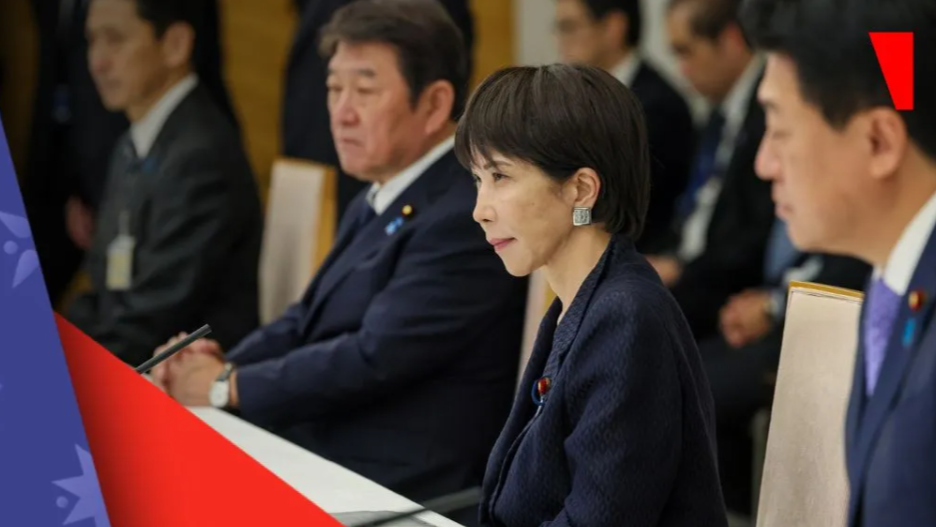
Japan’s first woman Prime Minister Sanae Takaichi (as depicted in the featured image), has directed her incoming Minister of Land, Infrastructure, Transport, and Tourism to promote the development of integrated resorts (IRs) and enhance the country’s appeal as a global tourism destination. The move signals a renewed national commitment to casino resort expansion after years of slow progress and political hesitation.
According to Japanese media, PM Takaichi has included the promotion of IRs among the nine key objectives she outlined for the new minister, Yasushi Kaneko. The ministry she oversees is responsible for the Japan Tourism Agency (JTA), which manages casino resort licencing and applications nationwide.
Integrated resorts are large-scale complexes combining casinos, hotels, convention centres, shopping areas, and entertainment facilities. The concept forms part of Japan’s long-standing Liberal Democratic Party (LDP) policy to attract high-spending tourists and boost economic growth.
This week, the LDP and the Japan Innovation Party signed an agreement to form a coalition government, replacing the LDP’s earlier alliance with the Buddhist-influenced Komeito Party. The new coalition, which shares a more pro-business outlook, is widely expected to accelerate casino resort development. Even before Takaichi’s appointment, discussions within national authorities had hinted at reopening the IR application process, allowing local governments another opportunity to bid for hosting rights.
At present, Osaka remains Japan’s only confirmed IR site. The MGM Osaka resort, a multi-billion-dollar project led by MGM Resorts International, is scheduled to open in 2030. Osaka’s governor, Hirofumi Yoshimura, leads the Japan Innovation Party, which has been a strong supporter of IR expansion.
Reports also indicate that the national government is preparing to survey all 47 prefectures and 20 ordinance-designated cities to gauge their interest in hosting an IR. Under Japan’s casino framework, local governments must lead the proposals, which are then reviewed by the central government in coordination with the Japan Tourism Agency.
If a sufficient number of prefectures express interest, the agency could open a new application window as early as 2026, following a period of public consultation and cabinet deliberation. Among the potential contenders, Hokkaido has emerged as a renewed candidate.
Meanwhile, northern prefecture, which withdrew from the initial round of applications in 2019, has now announced plans to revise its IR policy. Governor Naomichi Suzuki said that the new proposal, to be presented to the prefectural assembly in November 2025, will address multiple aspects, including online gambling concerns, addiction prevention, environmental sustainability, and economic impact.
Governor Suzuki added that Hokkaido would work on a detailed IR development concept and formally request government support. Some cities, such as Hakodate, have shown early interest, though local leaders acknowledge that financial and logistical constraints remain significant hurdles. Hakodate Mayor Jun Oizumi stated in September that while the idea fits the city’s tourism profile, it is “not in a position” to move ahead with a formal bid yet.
With Prime Minister Takaichi now prioritising IR promotion and the LDP–Innovation Party coalition in power, Japan’s casino resort expansion drive is expected to gain strong momentum in the coming months.
Don’t just read the news — stay ahead of it. Subscribe HERE to SiGMA’s Top 10 News countdown for stories shaping iGaming’s future, weekly insights from the world’s biggest iGaming community, and exclusive subscriber-only offers.
#IntegratedResorts #CasinoResorts #TourismDevelopment #GamingIndustry #MGMOsaka #iGaming #JapanInnovationParty #EconomicGrowth #TourismStrategy #AsianGaming #HokkaidoIR